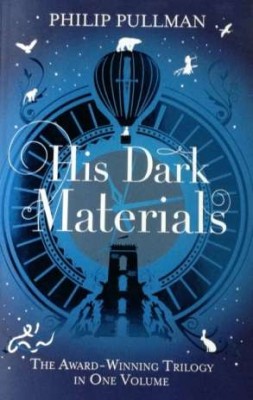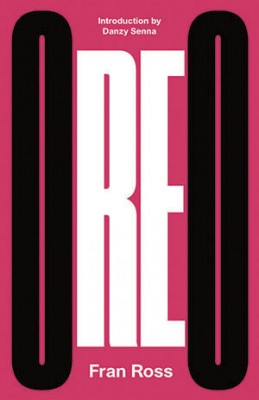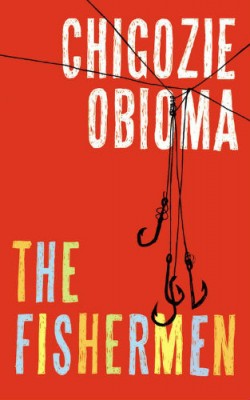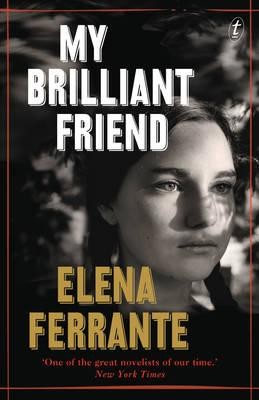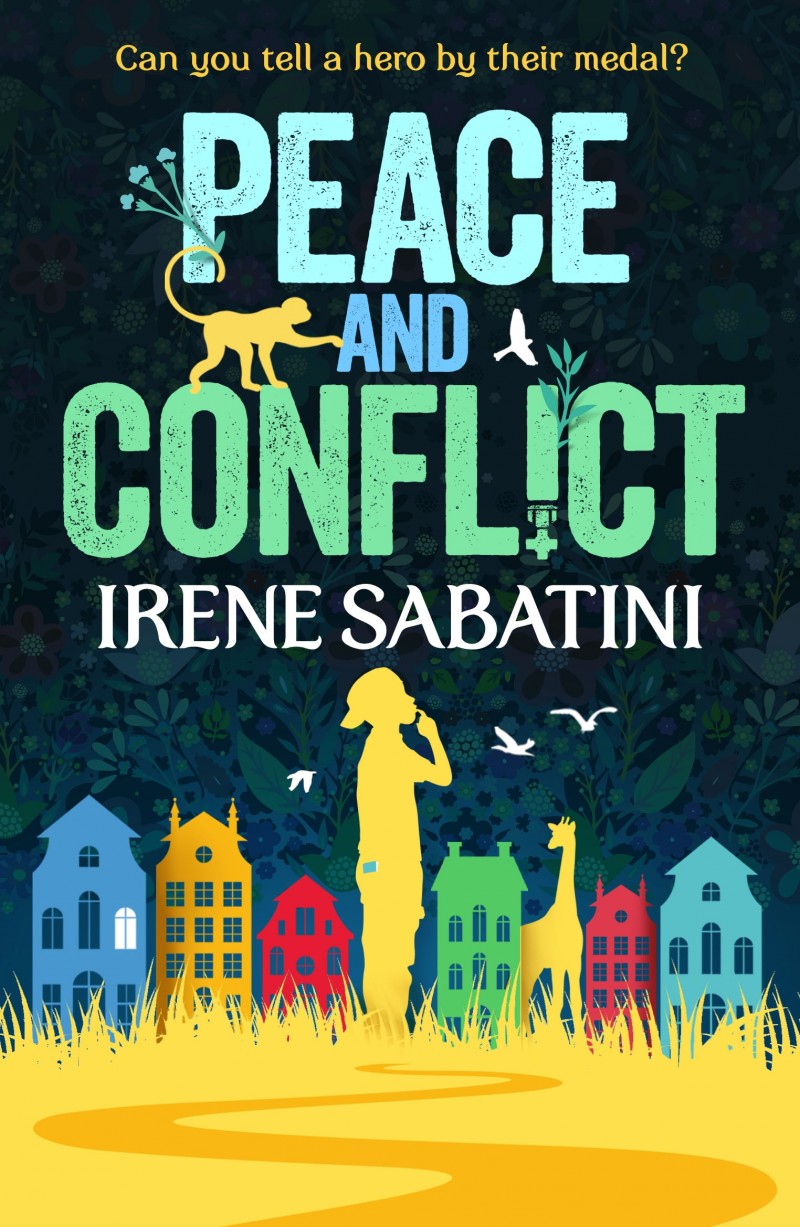It is 1964, and Eileen lives alone with her verbally abusive alcoholic father in a small town in Massachusetts. Underfed, embittered, and lonely, she has never felt loved or appreciated by anyone, until the arrival of a new colleague, Rebecca, at the (literal) prison where she works. From a vantage point some years in the future, she narrates what she tells us is the last week she spent living the identity with which she was born.
Continue reading Eileen
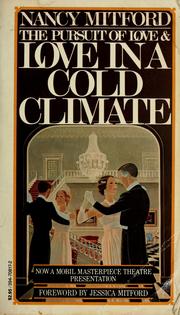
It occurs to me that some people might not know who the Mitford sisters were. Do you know who the Mitford sisters were? They were the daughters of a minor peer, raised partly in London and partly in Oxfordshire, and were notable for their eccentricities, which is what you call it when rich white people do things that would be unacceptable if they were poor or black. Nancy, the eldest, had a string of husbands and lovers before settling down in Paris with a man she refused to marry but lived very happily with (scandalous at the time). Jessica eloped with an aristocratic communist, and then, much worse, with an American communist. Unity and Diana both got into fascism in a big way; Unity shot herself in the head when Britain declared war on Germany (she survived, but later died essentially due to complications arising from the bullet that was STILL IN HER HEAD). Diana’s second wedding took place in Joseph Goebbels’s drawing room. Deborah towed the line a bit more by marrying well, and ended up managing Chatsworth house in her capacity as Duchess of Devonshire. Pamela was mostly into animals, bless her, though that goes for all of them: during Unity’s debutante season, she frequently showed up at balls and parties draped in her pet grass-snake, Enid.
Continue reading The Pursuit of Love & Love in a Cold Climate
Maybe you recall, coming up for ten years ago, the film version of the first book in this series, Northern Lights? Except the movie was called The Golden Compass, after the American version of the book, because Americans fall into a funk of existential dread if they don’t get to name everything themselves. It starred Nicole Kidman and Daniel Craig? Yeah, don’t watch that. It was made when steampunk was still a thing. It has the worst child acting I think I’ve ever seen, and I was in a community theatre production of Annie. But the books. The books are…well.
Continue reading His Dark Materials
On page one of this novel, Oreo’s paternal grandmother and maternal grandfather, on receiving the news that their offspring would be marrying a black woman and a Jewish man (respectively), are gripped by racist outrage so powerful that it paralyses one of them and kills the other outright. On page three, the author sets out a scale, numbered one to ten, according to which black skin tone can be categorised; she describes her characters using this scale as they are introduced. To call this novel transgressive would be an understatement.
Continue reading Oreo
Four young Nigerian brothers, returning from a fishing trip to a forbidden river, encounter a madman, who prophesies that one of them will be murderer, and one of them, victim.
So far, so Sophoclean. In fact, this novel overall is structured not unlike a Classical tragedy. The first few chapters are a bit slow and expository, but once things get going, the prophecy takes on its own life within the family, and each member in turn becomes its victim in his or her own way. There’s an inexorable quality to the plot as it develops, so that the several missed opportunities to avoid disaster (which are perhaps more in the vein of Shakespearean than Greek tragedy) seem both necessary and impossible.
Continue reading The Fishermen
I’ve been wanting to read this FOREVER (three years) but kept putting it off: it’s the first in a series of novels and I wanted to wait until they were all available to binge on. I thought I’d made it, and only realised this morning that although the fourth and final one has been published, the English translation won’t be available till October. Bummer.
Continue reading My Brilliant Friend
There must be something in the water around here, because for the second time in a couple of weeks I have a coming-of-age novel starring a protagonist named Katherine. I have to confess that while it seems like this one might be a beloved modern classic, I had never heard of either the author or the novel until First Tuesday Book Club (which is what I persist in calling it despite the name change*) announced it for the March show.
Continue reading Brother of the More Famous Jack
A Vietnam-era coming-of-age novel set in a fictional Long Island town during the summer after Katie, its 18-year-old protagonist and first-person narrator, finishes high school.
This is a new debut novel, and it’s probably the best one I’ve read since “The Shock of the Fall” by Nathan Filer. Continue reading If I Knew You Were Going to Be This Beautiful I Never Would Have Let You Go
I’m not going to pretend that Irving is anything other than a popular fiction writer (slash screenplay writer, I guess). This isn’t, let’s face it, literature. But still.
Although it’s a long time since I read Garp, I can still remember how, at the time, it was the first time I’d read anything like it. I think Irving’s gift really lies in the creation of his characters, which are not only unique and memorable, but which seem to have something otherworldly about them, to be somehow a signifier of an unknowable other. That gift is also at work in Owen Meany, and gives us the narrator, John Wheelwright, once impatient to leave adolescence, now living out his days in the frustration of hindsight; his grandmother, the family’s firm-minded old-money matriarch with her addiction to trashy television; his gentle but fiercely loyal stepfather, Dan; and Owen, the title character, a tiny, squeaky-voiced visionary who cuts to the truth others half-glimpse, and who believes he knows the date and manner of his death. Continue reading A Prayer for Owen Meany
Robert is the ten-year-old son of a Zimbabwean novelist mother and an Italian refugee advocate father. He is living with them in Geneva, together with his fifteen-year-old brother, when his aunt in Zimbabwe disappears after criticising the government. Continue reading Peace and Conflict


